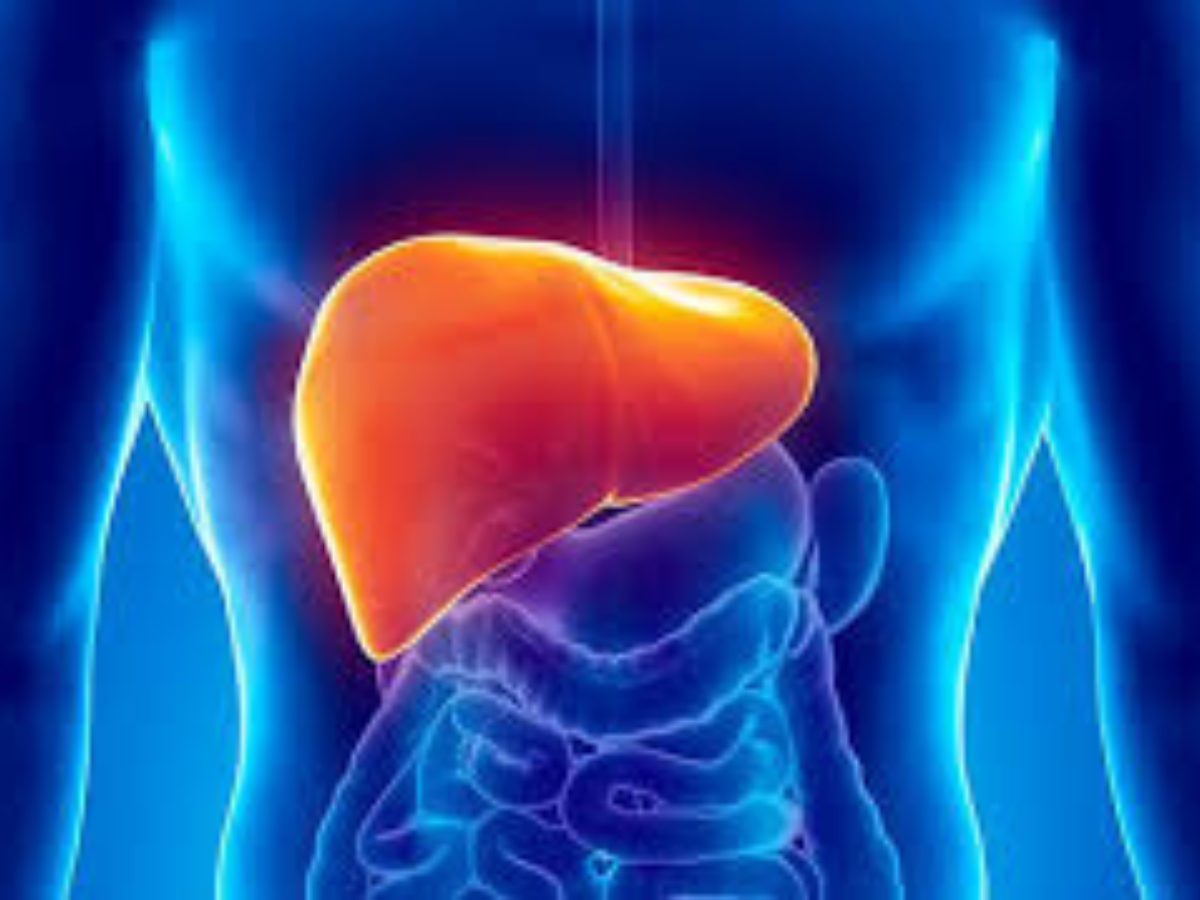Hepatology
Hepatology is the medical specialty focused on diagnosing and treating liver diseases, including hepatitis, fatty liver disease, cirrhosis, and liver cancer. Hepatologists are experts in managing conditions that affect liver function, providing essential care through comprehensive evaluations and personalized treatment plans. Regular check-ups with a hepatologist are crucial for individuals at risk of liver disease, as early detection can significantly improve outcomes. By adopting a healthy lifestyle—such as limiting alcohol intake, maintaining a balanced diet, and exercising regularly—individuals can support their liver health and ensure timely medical intervention when necessary.

About Hepatology
Hepatology is a specialized field of medicine dedicated to the study, diagnosis, treatment, and prevention of liver diseases. Hepatologists focus on various conditions affecting the liver, gallbladder, biliary tree, and pancreas, providing critical care for patients with disorders such as hepatitis, fatty liver disease, cirrhosis, and liver cancer. With the liver playing a vital role in metabolism, detoxification, and digestion, maintaining liver health is essential for overall well-being.
Common Liver Diseases Treated by Hepatologists
Hepatitis: Hepatitis refers to the inflammation of the liver, often caused by viral infections (such as hepatitis A, B, and C), alcohol consumption, or autoimmune diseases. Hepatologists diagnose the type of hepatitis and develop appropriate treatment plans, which may include antiviral medications and lifestyle changes.
Fatty Liver Disease: Non-alcoholic fatty liver disease (NAFLD) is characterized by excessive fat accumulation in the liver. Hepatologists assess the severity of the condition and recommend lifestyle modifications, such as weight loss and dietary changes, to prevent progression to more severe liver damage.
Cirrhosis: This advanced scarring of the liver results from chronic liver disease, leading to complications such as liver failure and portal hypertension. Hepatologists manage cirrhosis by treating the underlying causes and addressing complications through medication and lifestyle adjustments.
Liver Cancer: Hepatologists are involved in diagnosing and treating liver cancer, often working closely with oncologists to develop comprehensive treatment plans, which may include surgery, chemotherapy, or targeted therapies.
Biliary Tract Disorders: Conditions affecting the bile ducts, such as cholangitis or gallstones, fall under the purview of hepatology. Hepatologists provide diagnostic evaluations and treatment options to manage these disorders effectively.
Importance of Regular Liver Health Check-ups
Regular check-ups with a hepatologist are crucial for individuals at risk of liver disease, such as those with a history of hepatitis, excessive alcohol use, or metabolic disorders. Early detection and intervention can significantly improve outcomes and enhance quality of life. Hepatologists use various diagnostic tests, including blood tests, imaging studies, and liver biopsies, to accurately assess liver health.
Tips for Maintaining Liver Health
To support optimal liver health, consider the following tips:
Limit Alcohol Intake: Excessive alcohol consumption can lead to liver damage, so it’s important to drink in moderation or abstain altogether.
Eat a Balanced Diet: A diet rich in fruits, vegetables, whole grains, and lean proteins supports liver function and overall health. Avoid high-fat and sugary foods.
Exercise Regularly: Engaging in regular physical activity helps maintain a healthy weight and reduces the risk of fatty liver disease.
Stay Hydrated: Proper hydration is essential for liver function and detoxification.
Conclusion
Hepatology is a vital field dedicated to the diagnosis and treatment of liver diseases. Hepatologists provide comprehensive care for conditions such as hepatitis, fatty liver disease, cirrhosis, and liver cancer, ensuring patients receive the necessary support for maintaining liver health. By prioritizing regular check-ups and adopting healthy lifestyle practices, individuals can enhance their liver health and overall well-being.

Hepatology
- Alcoholic Hepatitis
- Hepatitis B Treatment
- Liver Hemangioma
- Alpha-1-Antitrypsin Deficiency
- Liver Cirrhosis Treatment
- Pulmonary Fibrosis
